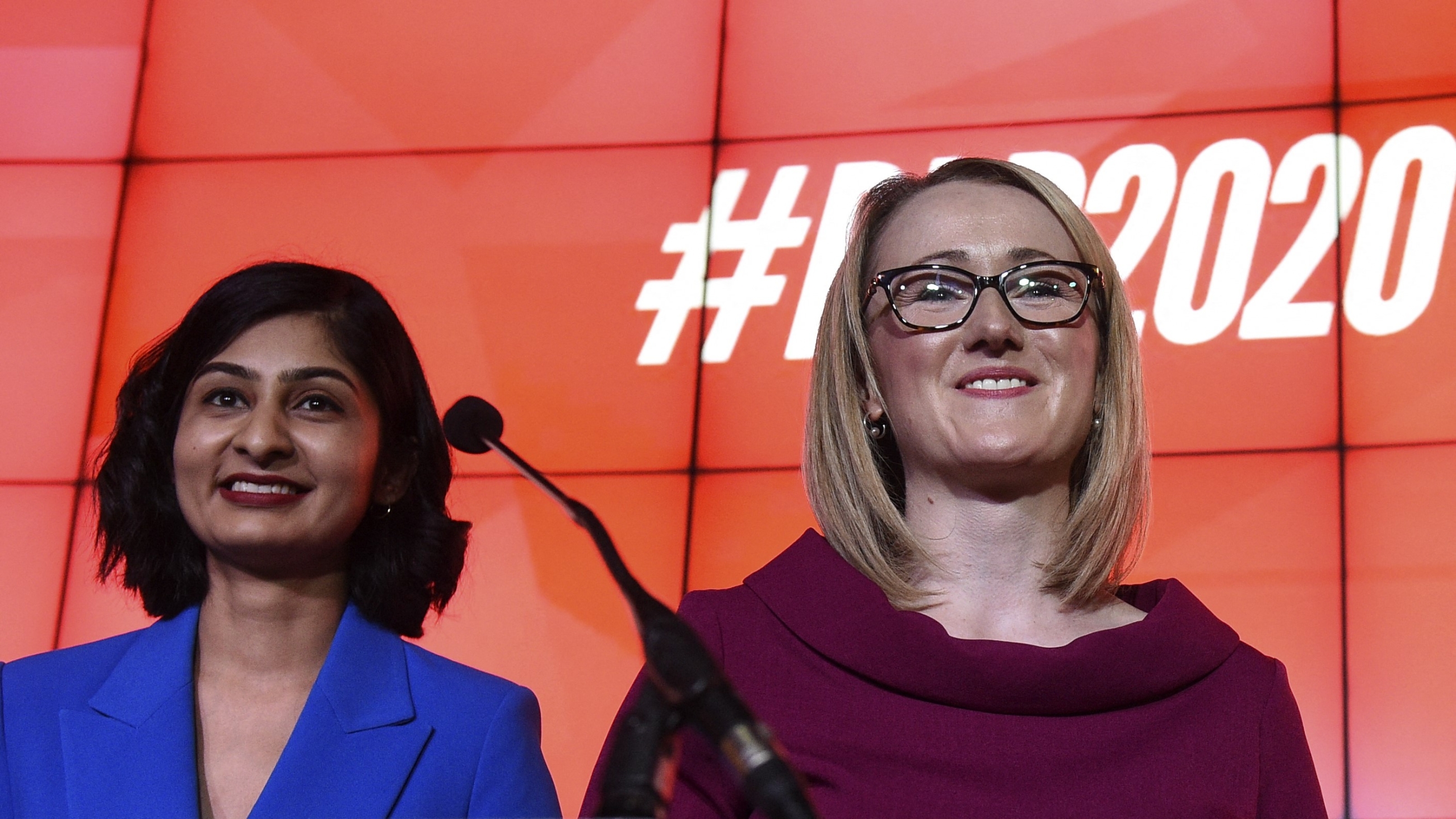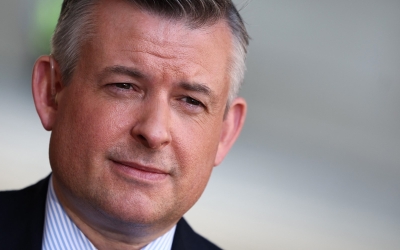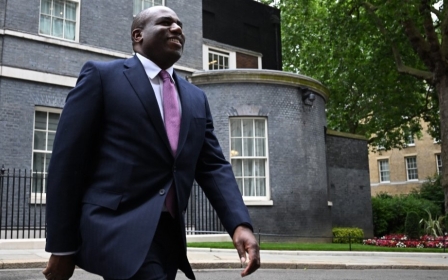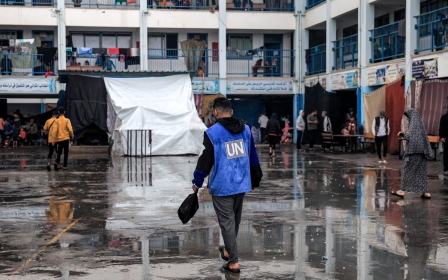UK: Muslims heavily affected by benefits cap, MCB warns

The Labour government has faced heavy criticism after Prime Minister Keir Starmer suspended seven MPs for voting for a motion tabled by the Scottish National Party (SNP) to remove a two-child cap on benefits.
British Muslim households, half of which are in poverty, are disproportionately affected by the policy.
The latest official figures show that 1.6 million children in the UK live in families affected by the policy, which stops almost all parents from claiming benefits for more than two children.
Data suggests that abolishing the limit would cost the government £1.6bn, while lifting 300,000 children above the breadline and another 700,000 out of extreme poverty.
Muslims are particularly impacted by the cap - 46 percent of Muslims live in England’s 10 most deprived local authority districts.
New MEE newsletter: Jerusalem Dispatch
Sign up to get the latest insights and analysis on Israel-Palestine, alongside Turkey Unpacked and other MEE newsletters
And 60 percent of Muslim children live in families with at least three dependent children.
Analysis conducted by the Muslim Council of Britain (MCB) in 2019 showed that out of the 10 constituencies most affected by the two-child limit, eight have Muslim populations of over 20 percent.
After the vote in parliament, the MCB described the two-child benefit limit as “an unfair policy that disproportionately affects families in low socio-economic groups, including religious minorities such as Muslims”.
“The two-child benefit limit must be scrapped. We hope the government is able to review this as part of the commission on child poverty,” it said.
'Sir Kid Starver'
The seven MPs who rebelled against Prime Minister Starmer to vote to scrap the benefits cap, and now sit in parliament as independents, include three Muslims - Zarah Sultana, Apsana Begum and Imran Hussain.
Apsana Begum is MP for Poplar and Limehouse, which has a Muslim population of over 30 percent. 43 percent of children in the seat are potentially affected by the two-child cap.
And Imran Hussain is MP for Bradford East, where 37 percent of residents are Muslim and around 48 percent of children are potentially impacted by the policy.
Three former cabinet ministers under Jeremy Corbyn’s leadership - John McDonnell, Rebecca Long-Bailey and Richard Burgon - also voted to scrap the benefit limit.
In 2020, when Starmer and Long-Bailey were rival candidates to be Labour leader, Starmer called for scrapping the two-child limit.
But Labour’s policy now is to keep it, opening the government up to heavy criticism.
A campaign group founded by Jeremy Corbyn, the Peace and Justice Project, has labelled the prime minister “Sir Kid Starver”.
On Wednesday, Zarah Sultana said she had “slept well” after voting for the policy, despite being suspended. She accused Starmer of treating the situation like a “macho virility test”.
“It's about the material conditions of 330,000 children living in poverty,” she said.
The five independent MPs elected on a pro-Palestinian platform, meanwhile, also voted for the motion.
On Wednesday the five, including former Labour leader Corbyn, wrote to the seven suspended Labour MPs saying they are “looking forward to working with” them.
'It's about the material conditions of 330,000 children living in poverty'
- Zarah Sultana, MP
Adnan Hussain, recently elected as independent MP for Blackburn, said in a statement to his constituents after the vote: “Not a good day for Labour loyalists who insisted an Independent MP would have no power in Parliament.
“I, as your Independent MP, have just voted on an issue I, and I’m sure many of you, feel very strongly about; taking the necessary steps to end child poverty in Britain.”
He said the suspension of seven Labour MPs confirms that members of the ruling party in parliament do not have the freedom to vote for policies they support.
Iqbal Mohamed, independent MP for Dewsbury and Batey, said: “Labour said it will put the country first & party second but their MPs were forced to put Party first & poor children nowhere.”
Middle East Eye delivers independent and unrivalled coverage and analysis of the Middle East, North Africa and beyond. To learn more about republishing this content and the associated fees, please fill out this form. More about MEE can be found here.





